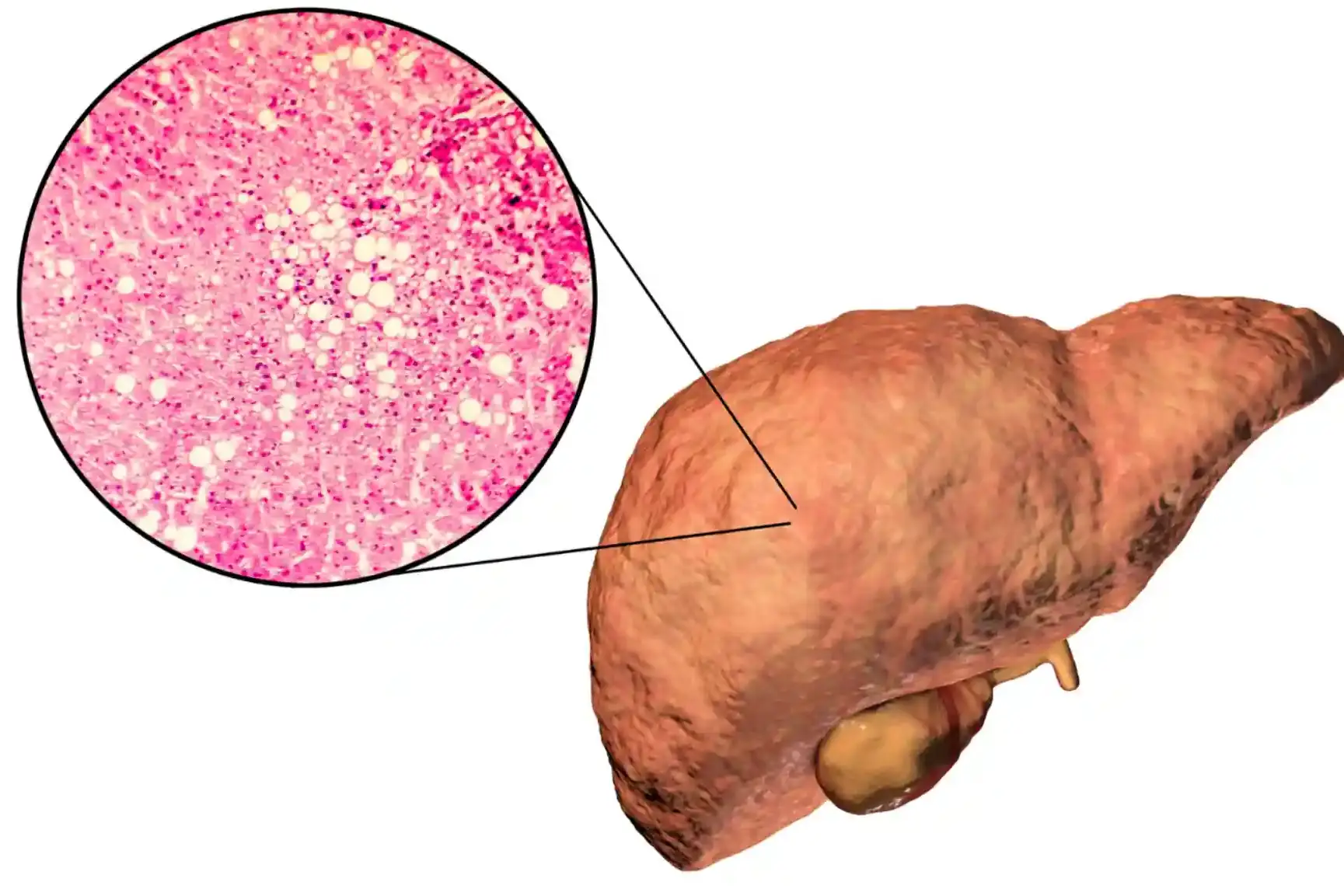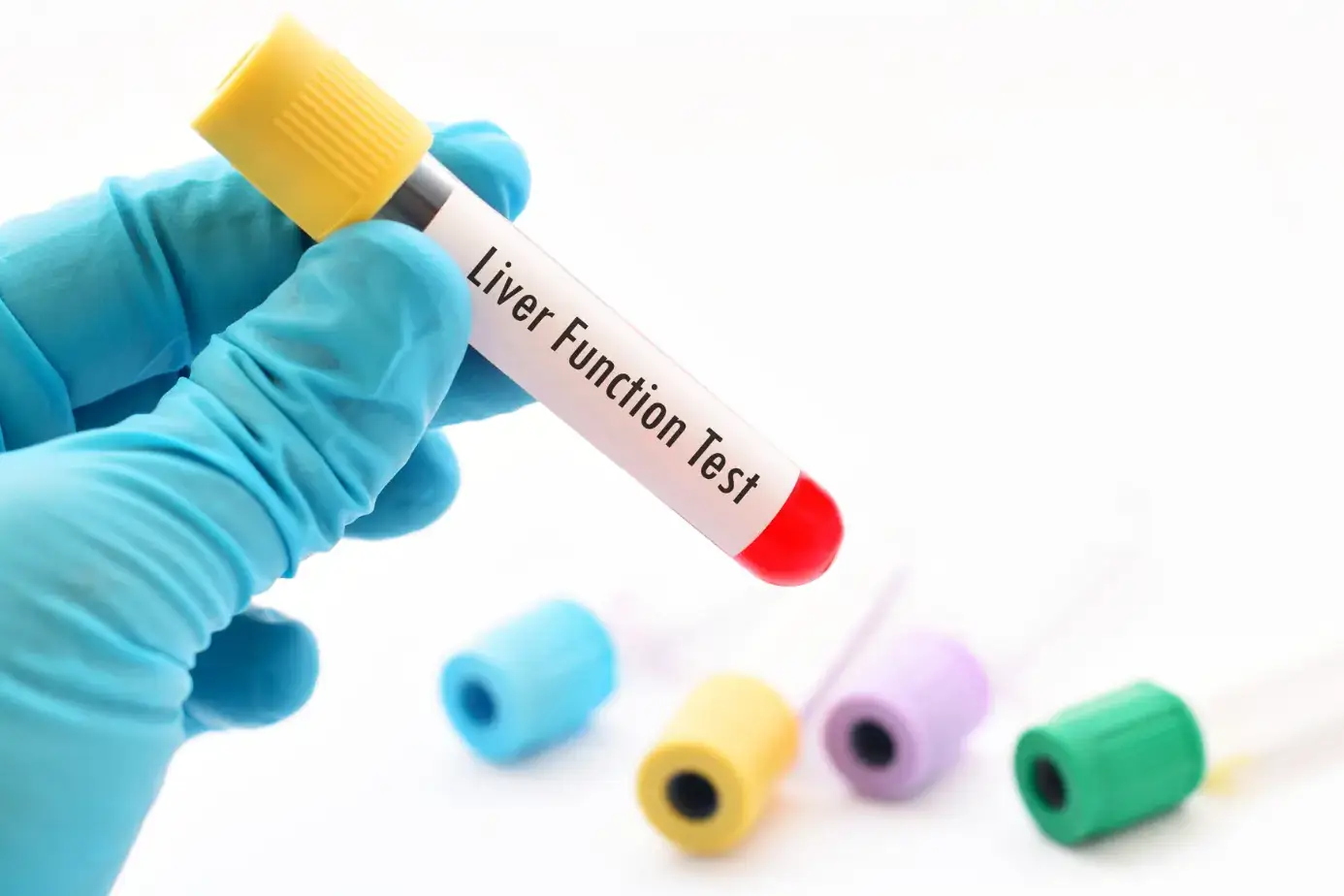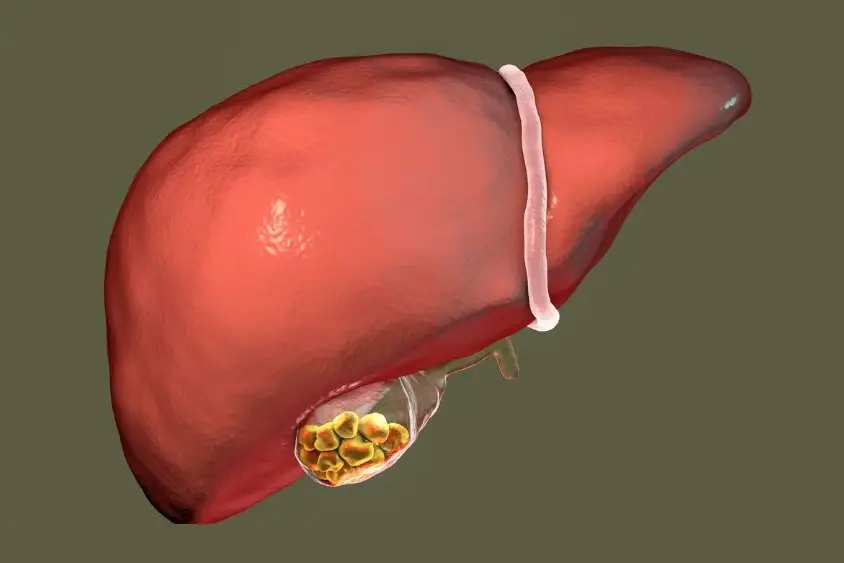Often medical conditions can be mistaken for one another. This usually takes place, because the symptoms could be similar. Gastroenteritis and diarrhoea are two such medical conditions that have similar symptoms and can be easily confused with the other. However, both are not the same. Gastroenteritis vs Diarrhoea: what’s the difference? While gastroenteritis is the inflammation of the gastrointestinal tract diarrhoea on the other hand is a medical condition as well as one of the symptoms of gastroenteritis. Here is a detailed comparison between gastroenteritis and diarrhoea.
Gastroenteritis meaning
Also known as “stomach flu”, gastroenteritis is the inflammation of the stomach and the large intestine. It can be caused by viruses or bacterial infection. Gastroenteritis is a highly contagious disease. If you come in contact with a person having it or consume contaminated food or water, chances are you may contract it. Gastroenteritis can happen to anyone, however babies, the elderly and people who have an underlying condition are at a greater risk. To know more about gastroenteritis, consult the best Gastroenterologist in Faridabad.
Causes of Gastroenteritis
Usually, gastroenteritis is caused by bacterial infections, viruses or parasites. In the case of viral gastroenteritis, norovirus and rotavirus are the two main types of virus that can cause gastroenteritis. Rotavirus usually affects children and can be transmitted or contracted through the mouth. Adenovirus and astrovirus can also lead to gastroenteritis. On the other hand, bacterial gastroenteritis can be caused by bacteria such as E.Coli and Salmonella. Contaminated food or processed and packaged foods can lead to bacterial gastroenteritis. Small microorganisms in contaminated water can lead to parasitic gastroenteritis. To know more about the causes and symptoms of the disease you can consult a gastroenterologist online or talk to a gastroenterologist online.
Symptoms
The symptoms of gastroenteritis may appear within a day or two of the infection. They may last anywhere from two to ten days. Some of the symptoms are as follows-
- Diarrhoea
- Frequent nausea and vomiting
- Fever
- Headache, muscle or joint pain
- Abdominal cramps
- Clammy skin
- Loss of appetite
Treatment
The treatment for gastroenteritis depends upon the type and underlying cause for the ailment. However, here are some quick remedies that can ease your :
- A BRAT diet is usually recommended to make up for the loss of nutrients. BRAT foods that are low fibre and high in starch, are recommended. This includes- bananas, rice (white), applesauce, toast. Some other food items that can be tolerated are- boiled or baked potatoes, baked chicken, or chicken soup, oatmeal, etc.
- Oral electrolyte drinks such as Pedialyte, fluids, fruit drinks, etc. to avoid any further dehydration.
- Antibiotics (However, one should consult a professional before consuming antibiotics)
- Gastroenteritis is a debilitating condition, thus rest is important for one to recover.
If the symptoms get worse with time and home remedies do not work, then you can consult the best gastroenterologist in India or best liver specialist in Delhi ncr. She is also the best gastroenterologist in Uttarakhand, best gastroenterologist in Faridabad or stomach doctor in faridabad , liver specialist in Jhansi, best liver specialist doctor in Patna Bihar and liver specialist doctor in Gurgaon.
Diarrhoea meaning
Diarrhoea is a debilitating condition that is characterized by frequent and loose watery stools. However, diarrhoea is not a condition to be worried about. Most people have gone through this enervating condition at least once in their lifetime. Children and adults, both are prone to this disease, and often people get cured within a few days. If the diarrhoea lasts for more than a week, then it can be a sign of chronic diarrhoea.
Causes of Diarrhoea
There are several reasons why one may suffer from diarrhoea. Some of the causes of diarrhoea are as follows-
- Viral infection or bacterial infection
- Food intolerance such as lactose intolerance, gluten allergy, etc
- Food poisoning
- Consuming stale food
- Alcohol or drug abuse
- Laxative abuse.
- At times diarrhoea can be caused by underlying conditions. Diseases of the intestine such as Crohn’s disease, ulcerative colitis or Irritable Bowel Disease (IBD), etc. can lead to diarrhoea. Liver conditions such as hepatitis too can lead to diarrhoea. Seek treatment from a liver doctor for such conditions. Consult the best hepatologist in Patna in such cases.
Symptoms of Diarrhoea
The diarrhoea symptoms can vary from person to person. One may experience a combination of these symptoms or just a few.
- Loose liquid bowels more than thrice in a day
- A constant feeling of nausea
- Bloating in the belly
- Cramps in stomach
- Dehydration
- Frequent urge to poop
- Weight loss
- Body ache
Some serious symptoms include-
- Frequent vomiting is a serious symptom. Vomiting and diarrhoea can be experienced together. It also can be a symptom of viral gastroenteritis
- Fever that lasts for several days
- Bloody diarrhoea or diarrhoea with mucus
Treatment
Diarrhoea is usually curable and can be cured at home with some simple remedies. Here are a few quick tips that will relieve your pain-
- Rehydration- Diarrhoea often leads to loss of water as well as nutrients. Hence, it’s necessary that you replenish your body with fluids. Oral electrolytes or a simple solution of sugar, salt and water will help in making up the loss of water.
- Diet- As far as diet is concerned, resume eating foods that are low in fat and fibre. Avoid dairy products or fatty foods.
- Medications – Your doctor may prescribe you some medications to relieve diarrhoea. Some of the over the counter drugs like bismuth subsalicylate, loperamide, etc. can help in recovering from diarrhoea.
About The Author

Medically reviewed by Dr. Nivedita Pandey, MD, DM (Gastroenterology)
Senior Gastroenterologist & Hepatologist
Dr. Nivedita Pandey is a U.S.-trained gastroenterologist and hepatologist with extensive experience in diagnosing and treating liver diseases and gastrointestinal disorders. She specializes in liver enzyme abnormalities, fatty liver disease, hepatitis, cirrhosis, and digestive health.
All content is reviewed for medical accuracy and aligned with current clinical guidelines.
About Author | Instagram | Linkedin





